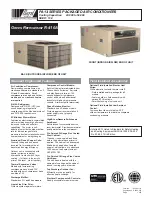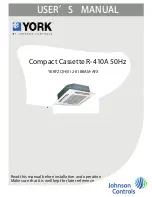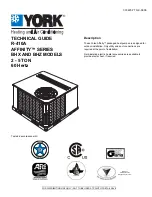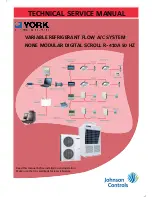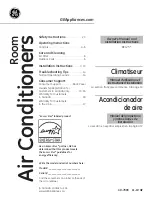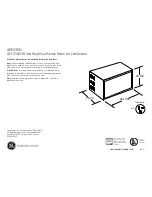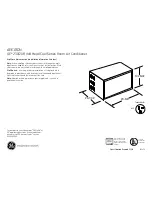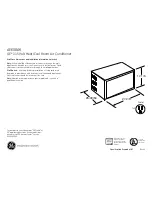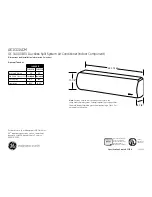
EN
79
ASC 2500 G LE / ASC 3500 G LE
Safety
2.3
Handling refrigerant safely
!
CAUTION!
Wear personal safety equipment (safety goggles and protective
gloves) and avoid coming into contact with the refrigerant. Contact
with the refrigerant draws out body heat and the affected areas can
freeze.
Do not inhale refrigerant vapor. Although the vapor is non-toxic, it
displaces the oxygen you need to breathe.
Only use the device in well-ventilated areas.
Refrigerant may
not
be used in low-lying spaces such as assembly
pits or soakaways. Refrigerant is heavier than oxygen and therefore
displaces the air you need to breathe. This can cause a lack of oxy-
gen when working in unventilated assembly pits.
A
NOTICE!
Make sure that refrigerant is not able to escape and leak into the
environment during operation, when filling or draining refrigerant or
during repair and service work.
This will protect the environment.
It also avoids the difficulty or impossibility of detecting leaks in the
vehicle or in the unit due to the presence of refrigerant in the vicinity
of the AirCon Service Center.
Take suitable precautions to ensure that leaking refrigerant is not able
to get into the drainage system.
I
NOTE
Special information on refrigerant R-134a and safety measures as
well as the protection of personnel and objects can be found in the
safety sheets of the refrigerant manufacturer.
2.4
Operational measures when using the unit
The operator must provide operating instructions according to TRG 402
for each filling system (AirCon Service Center). These operating instruc-
tions must be used to train personnel in handling the unit.
The operator must ensure that personnel are instructed in the following
points at least once a year:
Special dangers when dealing with compressed gases
Safety guidelines when dealing with compressed gases
Health precautions when dealing with compressed gases
WaecoASC2500GLE-ASC3500GLE_OPM_4445102714_EMEA(de-en-es-fr-ru)_202x-xx-xx.book Seite 79 Freitag, 17. Juli 2020 8:08 20































